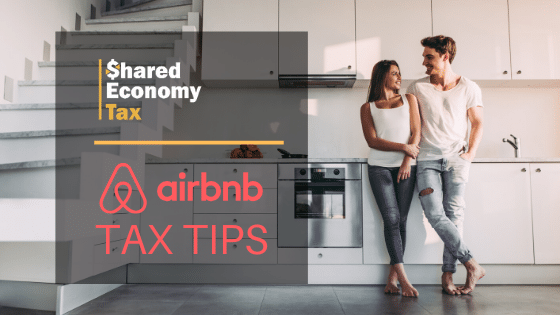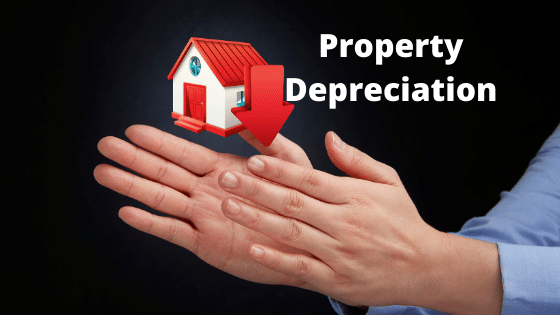As a short-term rental host with Airbnb, VRBO or HomeAway, you must learn about the possible tax implications of your side gig. In most cases, you’ll be required to pay tax on your short-term rental income. As a result, tax planning is a must if you want to minimize your tax bill and also make sure that you are compliant. However, these handy tax tips can potentially help lower your tax bill.
These are the best tax tips for Airbnb hosts and other short-term rental hosts.
Don’t Rely on Your Airbnb Form 1099-K
In order to receive a Form 1099-K from Airbnb, you must have made over $20,000 in earnings and completed over 200 transactions
Form 1099-K, Payment Card and Third Party Network Transactions, is a form used to report payment card and third-party payment network transactions to the IRS. This form is used to help improve voluntary tax compliance.
However, the gross amount that is reported on this form does not include credits, refunds, discounts, and other adjustments. As a result, Form 1099-K should never be used in determining your Airbnb income. Instead, you should rely on your Airbnb dashboard for accurate income reports and reconcile the numbers reported there against your bank account.
Airbnb issues this form to U.S. users typically in late January of each year. They will mail a copy of the form to the address you supplied on the taxpayer information form unless you choose electronic delivery.
Note that just because you do not receive a 1099-K does not mean the IRS does not have access to your earnings. The IRS may request financial data with Tax ID’s from Airbnb and Airbnb would be required to disclose that information to the IRS and/or local states and municipalities upon request.
Understand the 14-Day Rule
The 14-day rule says certain hosts do not have to pay taxes for their rental income. To qualify for the 14-day rule, you must meet the following criteria:
- You rent the property for 14 days or less during the course of the year.
- You use the property for 14 days or more during the year or at least 10% of the total time it’s rented out.
If you want to avoid complicating your tax situation, you might want to consider limiting your rentals to 14 days or less. Most hosts don’t qualify for the 14-day rule, which means that they will need to pay taxes. Even if you don’t receive Form 1099-K, you probably still need to pay taxes on your rental income.
Pay Self Employment Taxes
Out of all the tax tips listed here, this is undoubtedly the most important. You could face significant penalties if you don’t pay taxes on your rental income, so you need to stay on top of your tax liabilities.
Depending on your tax situation, you might need to make quarterly payments towards your self-employment taxes. To see if you qualify, you must determine which federal, state, and local taxes are applicable to your home-sharing business. For federal taxes, you need to determine whether you will file Schedule C or Schedule E. Most hosts fall under Schedule C.
If you opt for Schedule C, you can deduct business expenses to lower your taxable income. However, you are also liable for self-employment taxes, including Social Security and Medicare tax. In most instances, you need to make quarterly or monthly payments towards your tax bill. How often you need to pay depends on your income.
Be Aware of Occupancy Taxes
Some states also impose occupancy taxes, also known as transient lodging taxes or hotel taxes. Some companies, like Airbnb, directly collect and submit occupancy taxes, so you might not have to do anything extra. Contact your property’s local government for more information about rules and rates.
Document All Business Expenses
Your business expenses can help lower your taxable income, so it’s important that you track them closely. Taxable income includes gross revenues from your short-term rental business and most other income sources, minus deductible business expenses. To learn more about deducting business expenses, check out the IRS business expense and deduction guidelines here.
Maximize Your Deductions
Homeshare hosts can deduct all “ordinary and necessary” expenses related to the operation of their short-term rental business. You can deduct products and services that you’ve purchased, such as cleaning services, the cost of household items for guest use, marketing expenses, accounting services, mortgage interest, property taxes, and more. You can also deduct the Airbnb, HomeAway, and VRBO service fees charged on your bookings because these qualify as deductible business expenses.
Depreciate Your Assets
Homeshare hosts can deduct the cost of buying or improving a home over time. These costs can be depreciated so you can claim a portion of the cost as a deduction. To be clear, you’re only allowed to depreciate your home if you own it. Click here to learn how to calculate your depreciation expense.
More Airbnb Tax Tips
These basic tax tips are good guidelines to follow, but Airbnb taxes can become very complicated. If you need a little more help with your short-term rental taxes, you might want to consider getting some professional help. Tax time doesn’t have to be stressful. The certified pros at Shared Economy Tax can help you navigate your rental taxes with ease so you can focus on running your business. Get started today with a free one-on-one tax strategy session with a certified tax pro, or sign up for our free newsletter to get even more Airbnb tax tips.


